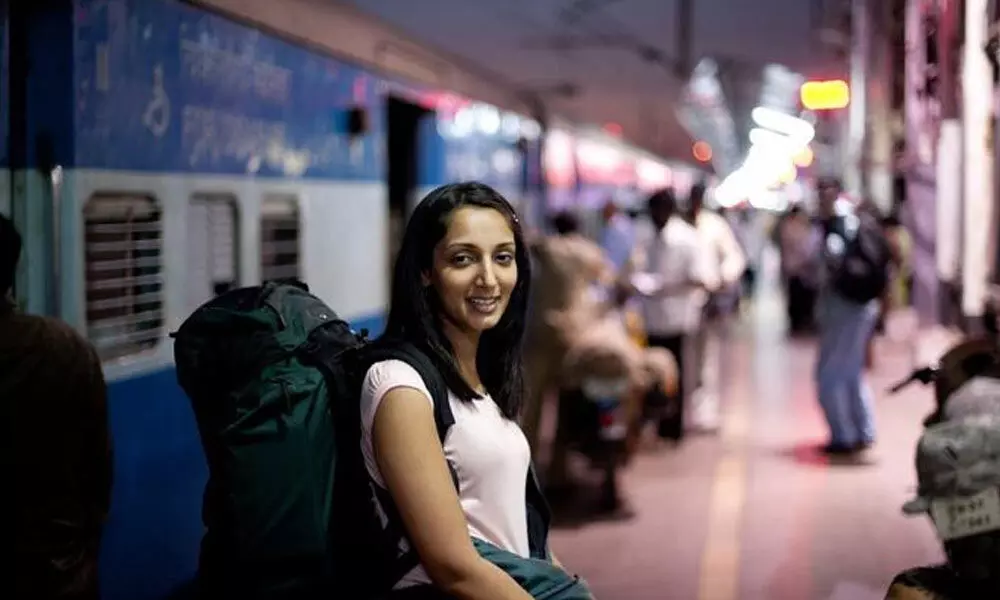Women 10% more likely to feel unsafe than men

Researchers have found that on average, women are ten percent more likely than men to feel unsafe on metro trains (trains that go underground) and six percent more likely than men to feel unsafe on buses.
The study, published in the Journal of the Royal Statistical Society: Series A, was conducted by Imperial College London on data from 2009 to 2018. For the findings, the researchers looked at a third of a million passenger responses to Customer Satisfaction Surveys (CSSs) from 28 cities across four continents.
According to the study, the largest difference between women and men's perceptions of safety was in Europe, where women were 12 per cent more likely to report feeling unsafe than men. The smallest difference was in South America, where women were nine per cent more likely to report feeling unsafe than men. "Feeling unsafe can lead to social, professional, economic, and health problems for those affected," said study lead author Laila Ait Bihi Ouali from Imperial College London in the UK.
"In this case, women who feel unsafe on public transport might turn down shift work at certain times of day, or avoid social or work events that require travelling a certain route," Ouali added. According to the researchers, public transport operators send online CSSs every year to passengers that are designed to measure general feelings of satisfaction with their networks. The surveys ask passengers their level of agreement with various statements about availability, time, information, comfort, security, customer care, accessibility, environment, and overall satisfaction.
The response options are usually: agree strongly; agree; neither agree nor disagree; disagree; or disagree strongly.To carry out the study, the researchers looked at 327,403 completed responses to CSSs from 2009 to 2018. As well as measuring overall satisfaction scores, they focussed on responses to three questions pertaining to feelings of 'security' and assigned numbers from one to five for each potential response (one for 'agree strongly; five for 'disagree strongly') to quantify the responses.
They then compared the scores between men and women and looked at whether they differed alongside characteristics of the transport network like rates of violence on the network, the number of cars per train, and busyness of vehicles and stations.
The researchers found that around half of the women surveyed felt safe on urban public transport (45 per cent felt safe in metro trains and stations; 55 per cent felt safe in buses), but that women were ten per cent more likely than men to report feeling unsafe in metro trains and stations, and six per cent more likely than men to feel unsafe in buses.














